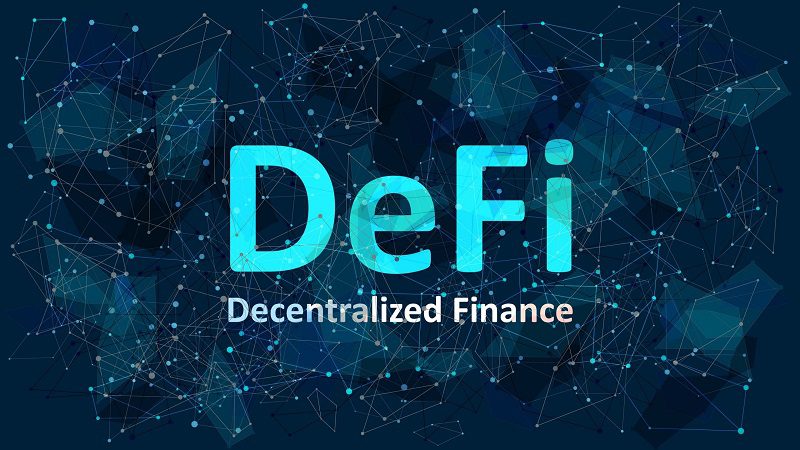
Regulator-backed decentralisation is coming to financial services in Nigeria and here’s how it’s happening
By Femi Adeyemo
Financial services in Nigeria have evolved significantly over the years with the help of technology. From being able to only send money by walking into a banking hall, to the introduction of Automated Teller Machines (ATM), and instant bank transfers from the comfort of a mobile phone.
These giant leaps in financial services are owed to the Nigerian Bankers Committee that formed the Nigeria Inter-Bank Settlement System (NIBSS) and early financial technology players like eTranzact and Interswitch.
However, we are already on the hills of the next major development in Nigeria’s financial services sector and this next phase is decentralised finance.
Decentralised finance or DeFi is a term that became prominent following the popularisation of blockchain technology and cryptocurrency a couple of years ago. DeFi brings peer-to-peer interactions to every aspect of financial service from banking to lending and even insurance.
One of the key benefits of DeFi is that it eliminates middlemen who make these services more expensive and unreachable. For example, borrowing and lending on a DeFi platform like MakerDAO only requires a crypto wallet. Process bottlenecks are non-existent which reduces the barrier to entry.
Another way to see DeFi is an “unbundling of traditional finance,” according to Rafael Cosman, CEO and co-founder of TrustToken. He said, “DeFi takes the key elements of the work done by financial service intermediaries like banks, exchanges and insurers today—which include savings, lending, and trading—and allows them to happen on the Blockchain where regular people can access them directly.”

While DeFi promises control and inexpensive financial services, it has its downsides — security and regulation.
This lack of security was evident in the earliest DeFi platform which launched in 2016 as an investment firm. After raising $150 million, the platform was hacked and it led to a $60 million loss. That singular event questioned not only the technical capabilities of DeFi but the entire philosophy behind it.
In a regulated system, such a hack may have been prevented, and if it cannot be prevented, regulators like the Nigeria Deposit Insurance Corporation (NDIC), could help recover funds.
Therefore, if DeFi has these downsides why are regulators backing it in Nigeria?
The answer to this question lies in the innovative approach a Nigerian payment company, Zone, has brought to decentralised finance in Nigeria.
Zone has essentially altered how the world understands DeFi by creating a decentralised financial ecosystem that can be regulated. The Nigerian fintech not only makes regulated DeFi possible but, also eases the regulatory process and makes it more effective
It is not surprising that Zone was able to strike a strategic partnership with NIBSS, which makes the semi-regulator a participant and a regulator on Zone’s blockchain.
Interestingly, this regulatory participation in Zone’s blockchain does not make it any less decentralised.
However, it is important to note that Zone’s approach to DeFi is different from what currently obtains in the crypto or Web3 ecosystems in the sense that Zone is focusing on the payment use case and bringing decentralisation to existing traditional financial institutions, rather than creating new ones.
Essentially, Zone is bringing decentralisation to the existing financial system and not trying to build out a new value chain with different players. It created a blockchain network where financial institutions can transact directly with each other thereby reducing fees and errors and ensuring security.

Where banks would have to communicate through a switch to route transactions between each other, being on Zone’s regulated blockchain network provides each institution with a node, making them a switch that can route transactions directly.
This ingenious approach speeds up blockchain adoption. Already, top Nigerian banks and financial institutions such as First Bank, Zenith Bank, and Guaranty Trust Bank have hopped aboard Zone’s blockchain network.
While Zone has managed to take innovation to an existing industry instead of creating a new one, some benefits of DeFi have been sacrificed.
Some of these key benefits are openness and anonymity. Some DeFi platforms make it possible to access financial services with zero KYC requirements. While these reduce barriers to entry, they also increase security risks and make regulation near impossible.
Maybe Zone will redefine what DeFi is or maybe not, time will tell.


